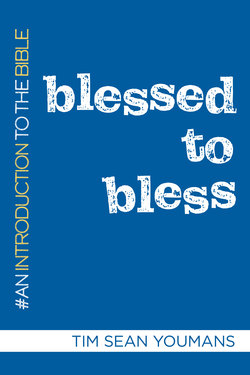Читать книгу Blessed to Bless - Tim Sean Youmans - Страница 16
На сайте Литреса книга снята с продажи.
Оглавление6
The Long Ages
Read Genesis 5:1–32.
What about those extended ages listed in Genesis 5? Anthropologists don’t point to any evidence that human beings ever lived 969 years (Methuselah). In fact, evidence points to human life in the past being much shorter. Is something else going on here?
• Were they following a lunar calendar that explains the higher numbers?
• Are the numbers symbolic for certain ideas that the storytellers conveyed?
• A higher age suggests more respect, is that what is being exaggerated?
Enoch, mentioned in the genealogy, is described as one who “did not die” but was taken away by God. He is one of two named in the Hebrew Bible who did so. The other is Elijah, who we will read about in later chapters.
Now look at Genesis 6:1–4:
When the number of people started to increase throughout the fertile land, daughters were born to them. The divine beings saw how beautiful these human women were, so they married the ones they chose. The Lord said, “My breath will not remain in humans forever, because they are flesh. They will live one hundred twenty years.” In those days, giants lived on the earth and also afterward, when divine beings and human daughters had sexual relations and gave birth to children. These were the ancient heroes, famous men.
This is a peculiar passage that is describing something that cannot be clearly identified. “Divine Beings” in the Common English Bible (CEB) are translated as “Sons of God” in the New Revised Standard Version (NRSV). These names could mean a variety of things, but it has generally been interpreted as a kind of angelic being. We have read about cherubim and seraphim, and now they mention Nephilim. It seems in this case that angelic beings had children with human women, and their offspring were these super-human creatures. Over time, the ancient Hebrew culture wondered if people with extraordinary abilities, or those who were unusually tall, could be the descendants of the Nephilim. We will read about these descendants in the book of Numbers, chapter 13.
Dystopia. The opposite of utopia, a world gone wrong and falling apart.
But God seems unhappy with all of this and the story pivots toward Noah and the Great Flood. Read the story in its entirety, Genesis 6–9. If you have never read the actual account, you may be surprised by a few things.
Questions for Reflection or Discussion
1. What about these long ages?
2. Do you think people lived that long back then or that the numbers have a hidden meaning?
